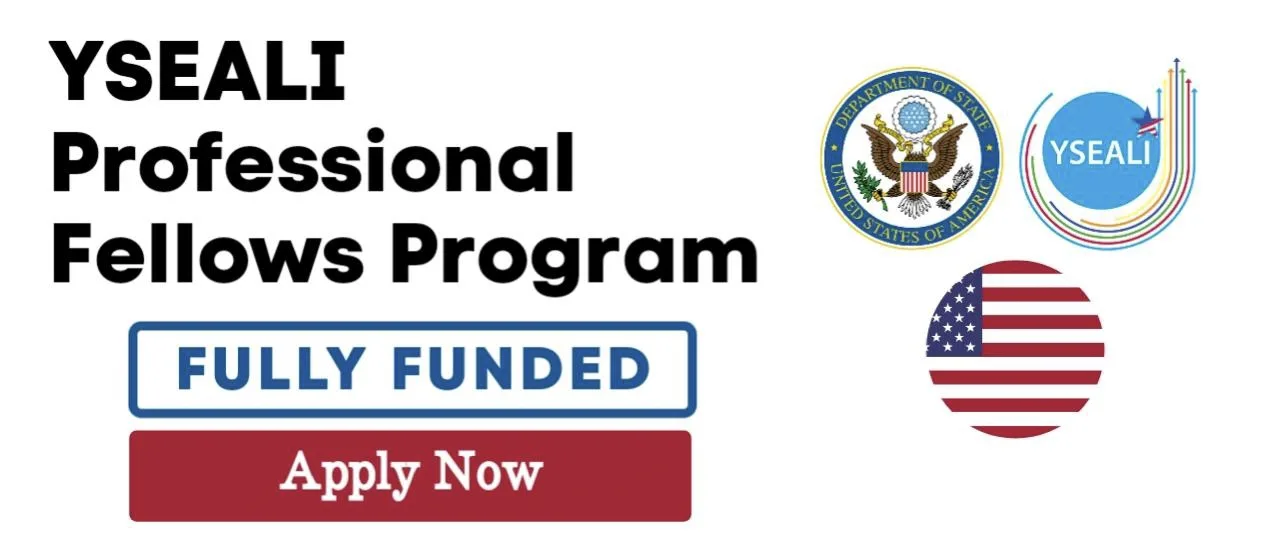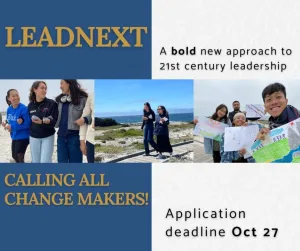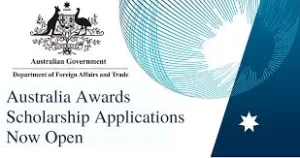
The Young Southeast Asian Leaders Initiative (YSEALI) Professional Fellows Program is an esteemed U.S. State Department exchange program that empowers emerging leaders from Southeast Asia to enhance their leadership skills, build professional networks, and foster lasting relationships with counterparts in the United States. Since its inception, the program has played a crucial role in strengthening U.S.-ASEAN relations by providing young professionals with the opportunity to learn from U.S. organizations and share their own experiences and perspectives.
Table of Contents
Overview of the YSEALI Professional Fellows Program
The YSEALI Professional Fellows Program is part of the broader YSEALI initiative, which was launched in 2013 by the U.S. government to cultivate leadership and encourage civic engagement among youth in Southeast Asia. The Professional Fellows Program specifically targets young leaders between the ages of 25 and 35 who are working in the fields of civic engagement, economic empowerment, governance, and sustainable development. These fields align with the key challenges facing the ASEAN region, and the program aims to equip fellows with the skills and knowledge needed to address these challenges effectively.
The program is a fully-funded exchange that typically lasts for five to six weeks. It is hosted by American non-profit organizations, government agencies, and businesses that are leaders in their respective fields. During the program, fellows are placed in various host organizations across the United States, where they gain hands-on experience and develop their professional expertise. The exchange is designed to be mutually beneficial, allowing both the fellows and the host organizations to learn from each other and build meaningful connections.
Objectives of the Program
The YSEALI Professional Fellows Program has several key objectives that guide its design and implementation:
- Professional Development: One of the primary goals of the program is to enhance the professional skills of young Southeast Asian leaders. Fellows participate in various activities, including job shadowing, project development, and networking events, that help them gain insights into U.S. practices and methodologies. They are exposed to new ideas, tools, and strategies that they can adapt and implement in their home countries.
- Cross-Cultural Exchange: The program fosters cross-cultural understanding by providing fellows with the opportunity to live and work in the United States. This immersion experience allows them to experience American culture firsthand, while also sharing their own cultural backgrounds with their American hosts. This exchange of ideas and perspectives helps to break down cultural barriers and promote mutual understanding.
- Leadership Development: The YSEALI Professional Fellows Program is also focused on developing leadership qualities among the participants. Through various workshops, seminars, and mentorship opportunities, fellows are encouraged to reflect on their leadership styles, set personal and professional goals, and develop the confidence to take on leadership roles in their communities.
- Networking and Collaboration: The program provides a platform for fellows to connect with like-minded professionals from both Southeast Asia and the United States. These connections often lead to collaborative projects, partnerships, and initiatives that have a positive impact on both regions. The program also helps to build a strong alumni network that continues to support fellows long after the exchange has ended.
- Community Engagement: A significant aspect of the program is its emphasis on community service and civic engagement. Fellows are encouraged to engage with local communities during their time in the United States, and to think about how they can apply their new skills and knowledge to benefit their own communities back home.
Program Structure and Activities
The YSEALI Professional Fellows Program is structured to provide participants with a comprehensive and immersive experience. The program typically includes the following components:
- Orientation and Cultural Preparation: Before the fellows begin their placements, they participate in an orientation session that prepares them for their time in the United States. This session covers practical information about living and working in the U.S., as well as an introduction to American culture and society. The orientation also provides an opportunity for fellows to meet each other and start building their cohort network.
- Professional Placements: The core of the program is the professional placement, where fellows are hosted by U.S. organizations that align with their professional interests and expertise. During their placements, fellows engage in various activities such as attending meetings, participating in projects, and learning about the day-to-day operations of the host organization. These placements are tailored to the fellows’ specific fields of work, ensuring that they gain relevant and valuable experience.
- Workshops and Seminars: Throughout the program, fellows participate in workshops and seminars that focus on leadership, project management, and other relevant topics. These sessions are designed to complement the hands-on experience gained during the placements, providing fellows with additional tools and frameworks to apply in their professional lives.
- Networking Events: The program includes numerous networking opportunities, allowing fellows to meet and connect with U.S. professionals, government officials, and other YSEALI participants. These events often lead to fruitful collaborations and long-term partnerships that continue after the program ends.
- Cultural Exchange and Community Engagement: In addition to their professional activities, fellows are encouraged to engage with the local communities in which they are placed. This might include participating in volunteer activities, attending cultural events, or visiting local landmarks. These experiences help fellows gain a deeper understanding of American society and culture, while also sharing their own traditions and customs with their hosts.
- Reciprocal Exchange: One of the unique aspects of the YSEALI Professional Fellows Program is the opportunity for U.S. counterparts to visit Southeast Asia as part of a reciprocal exchange. This component allows American professionals to learn about the region, gain insights into the challenges and opportunities faced by Southeast Asian countries, and continue the collaboration started during the fellows’ placements in the U.S.
- Re-Entry Workshop and Action Plans: At the end of the program, fellows participate in a re-entry workshop that helps them reflect on their experiences and develop action plans for applying what they have learned in their home countries. The workshop also focuses on the transition back to their professional roles and how they can leverage the skills and networks gained during the program to drive change in their communities.
Impact and Legacy of the YSEALI Professional Fellows Program
The YSEALI Professional Fellows Program has had a profound impact on both the participants and their home countries. By providing young leaders with the opportunity to gain international experience and build global networks, the program has helped to foster a new generation of leaders who are equipped to address the challenges of the 21st century.
Many alumni of the program have gone on to take up leadership roles in government, business, and civil society, where they are driving initiatives that promote good governance, economic development, and social inclusion. The skills and knowledge gained through the program have enabled these leaders to implement innovative solutions to complex problems, making a positive impact in their communities and beyond.
The program has also strengthened ties between the United States and Southeast Asia, promoting greater understanding and cooperation between the two regions. The relationships built through the program have led to numerous collaborative projects, exchanges, and partnerships that continue to contribute to the development of both regions.
Moreover, the program’s emphasis on community engagement and civic leadership has inspired participants to take an active role in shaping the future of their countries. Many fellows have launched initiatives that address pressing social issues, such as improving access to education, promoting environmental sustainability, and advocating for human rights. These initiatives have not only benefited the participants’ home communities but have also served as models for other regions facing similar challenges.
Conclusion
The YSEALI Professional Fellows Program is more than just an exchange program; it is a catalyst for change. By empowering young leaders from Southeast Asia to develop their professional skills, build international networks, and engage in cross-cultural exchange, the program is helping to create a more interconnected and collaborative world. The impact of the program is felt not only by the participants but also by the communities they serve and the broader U.S.-ASEAN relationship.
As the world faces increasingly complex global challenges, programs like YSEALI are essential for fostering the leadership, cooperation, and innovation needed to address these issues. The YSEALI Professional Fellows Program continues to be a vital platform for nurturing the next generation of leaders who will shape the future of Southeast Asia and the world.


